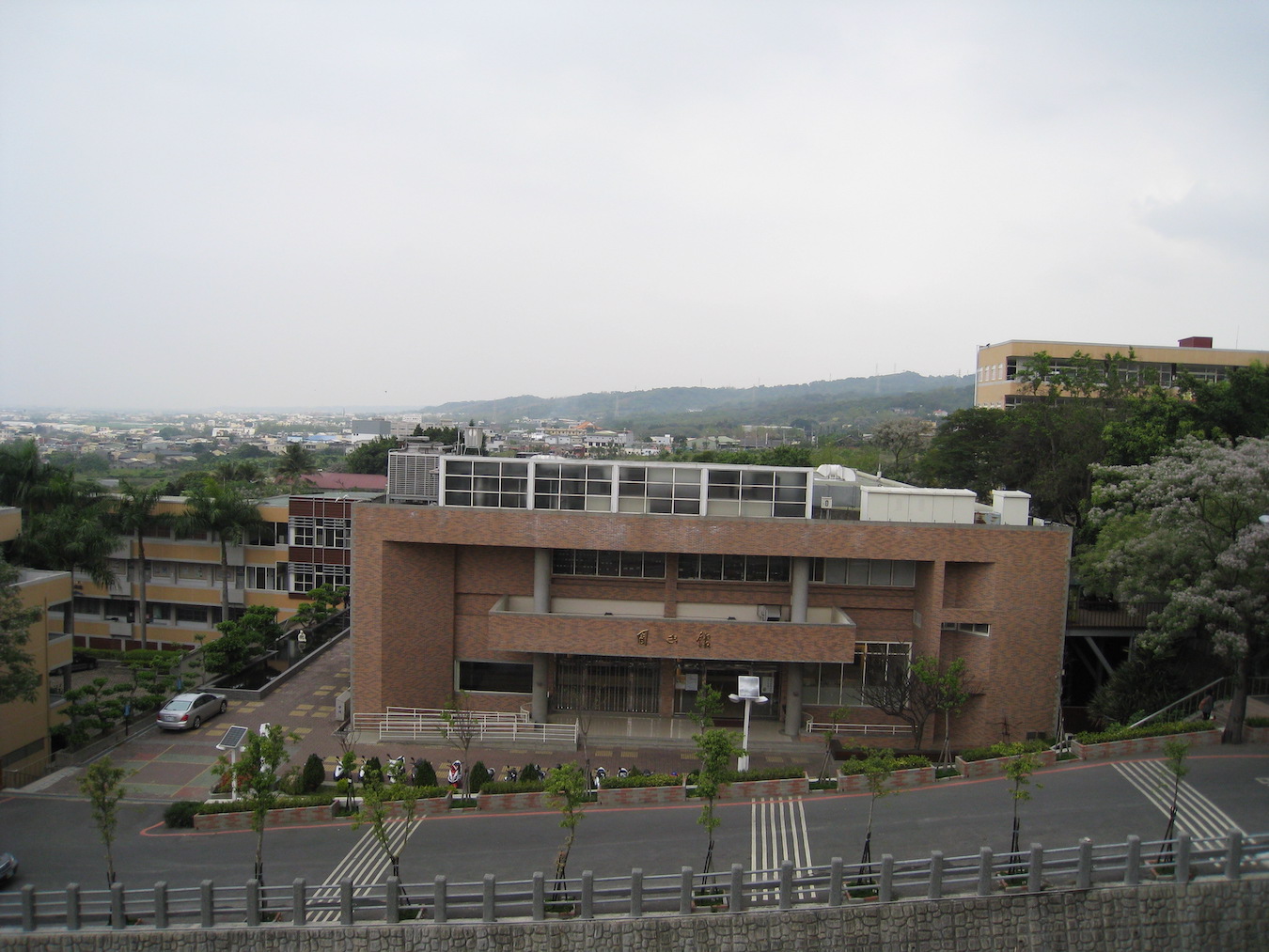by Brian Hioe
語言:
English
Photo Credit: W5865188/WikiCommons/CC BY-SA 4.0
MIAOLI COUNTY Labor and Youth Development deputy head Tu Jung-hui was questioned by police earlier this month in connection with Ugandan students at the Chung Chou University in Changhua forced to work in factories. The investigation was carried out by the Changhua District Prosecutors’ Office and the Ministry of Justice Investigation Bureau’s Taichung Office.
Two other department section chiefs were also questioned, with around ten people questioned overall, but news reports have primarily honed in on Tu, given his closeness to Miaoli county magistrate Hsu Yao-chang. Tu entered the Miaoli county government at Hsu’s invitation, as secretary-general, later taking up a post in the Labor and Youth Development department in 2017. Tu is a distant relative of Hsu’s, like him is a member of the KMT, and has accompanied Hsu through his political career, starting off as an assistant of Hsu’s when he served as mayor of Tai’an Township. Tu’s wife also works in the Miaoli county government’s Finance department.
Such cases of Ugandan students being forced to work in factories are one of many such incidents in recent years, involving international students coerced into working in factories usually as part of what was billed as work-study programs. These cases came to light after The Reporter, Taiwan’s leading investigative reporting outlet, published an in-depth report on a 21-year-old student at the university, Collines, in the form of a comic by Hong Kong artist Tony Lau Kwong-Shin, a Hong Kong artist living in Taiwan as a result of the deterioration of Hong Kong’s political freedoms.
Collines spent more than two years working in factories, for over ten hours a day, and, like other students, owed substantial debts despite being pushed into forced labor. Collines wrote a letter to the Ministry of Education about the conditions he faced after the university tried to charge him 100,000 NT and deport him. He is currently a student at Providence University in Taichung.
 Chung Chou University. Photo credit: CC BY-SA 3.0
Chung Chou University. Photo credit: CC BY-SA 3.0
The investigation has focused on a labor agency run by a former official from Chung Chou University. Tu’s questioning is reportedly because of suspicion of corruption or being involved in covering up the case.
There have been a number of cases involving students from other countries forced to work in factories in recent years, with such cases reported at more than ten universities in the last four years. In 2018, a similar incident involved students at the University of Kang Ning in Tainan sent to work in a slaughterhouse. This was followed in 2019 by reports of Indonesian students at the Hsing Wu University in New Taipei being forced to make contact lenses in a factory, as well as at five other universities, and students at the Yu Da University of Science and Technology in Miaoli from the Philippines being forced to work in a tile manufacturing factory. Likewise, in June 2020, it was reported that 40 students from Eswatini at Mingdao University were forced to work in a refrigerated factory skinning chickens.
Part of the issue stems from the explosion in the number that Taiwan has seen in the past few decades. Taiwan saw an explosion in the number of colleges and universities from 28 in 1985 to 145 by 2005. As such, many universities are desperately seeking enrollment to stay afloat, and ways to do that have included resorting to illegal means, such as working with brokers to transport students to Taiwan and forcing them to work in factories.
Nevertheless, Tu’s questioning suggests that part of the issue may also return to collusion between government officials, university officials, and labor brokers. Such cases of graft are unsurprising, particularly from KMT politicians, given the party’s long history of corruption.
Yet this also more specifically raises questions about Hsu Yao-chang’s role in the affair, particularly in light of other cases regarding the mistreatment of migrant workers under his watch as Miaoli county magistrate.
Labor practices for migrant workers under Hsu have been questioned in the past. A significant case in point would be the confinement of migrant workers to dormitories or unsanitary quarantine facilities after Taiwan experienced its first major COVID-19 outbreak in May 2021, with clusters developing among migrant workers in factories in Miaoli. Hsu justified the confinement of migrant workers even after the clusters subsided, likely hoping to bank on the electoral support of Miaoli residents who feared COVID-19, while migrant workers cannot vote in Taiwan.

